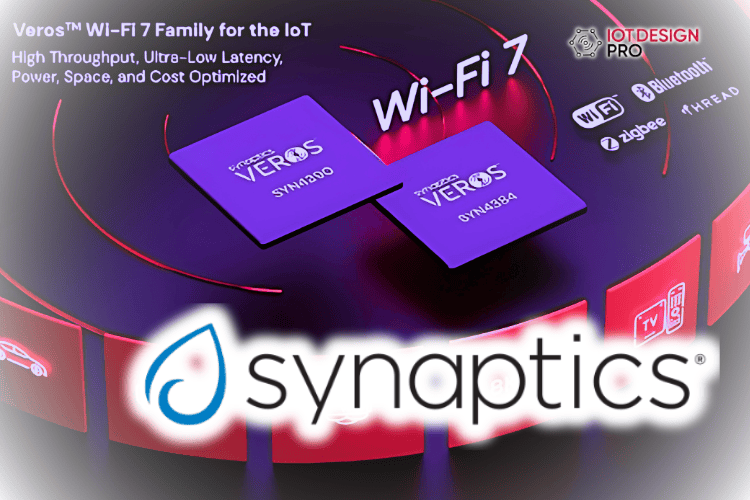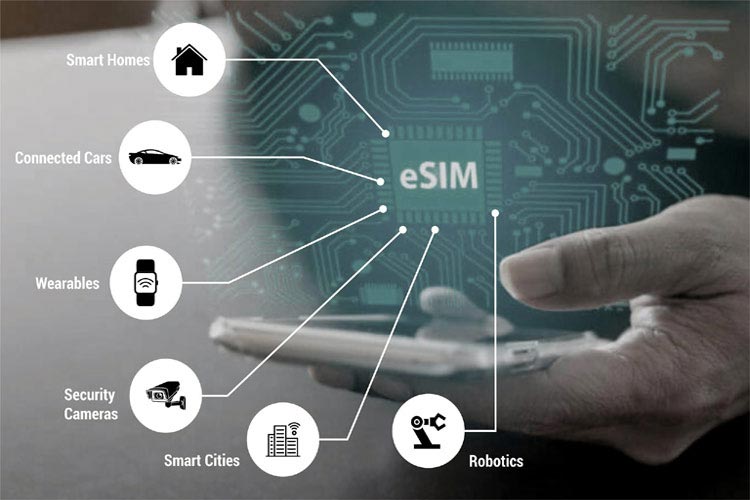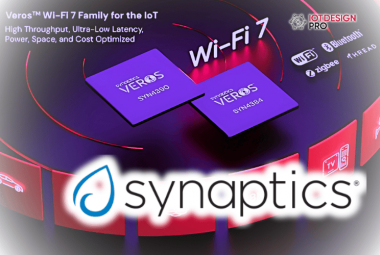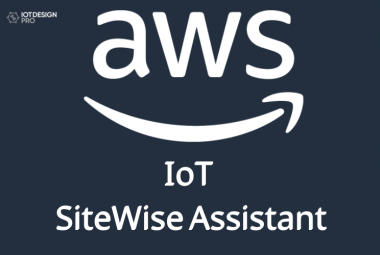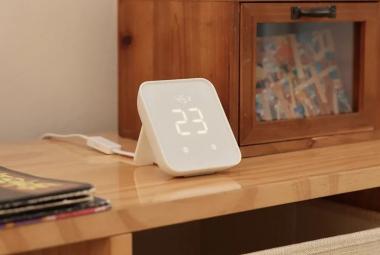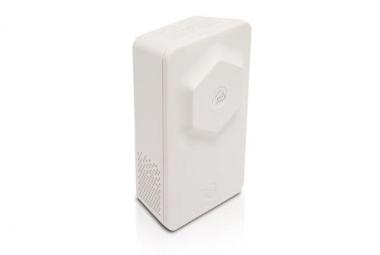India’s IoT module market is growing exponentially with more than 264 percent in the second quarter of this year
A couple of days back, Bharti Airtel, claimed to be India’s second largest telecom operator, has unleashed “Always On” Internet of Things (IoT) connectivity solutions for the Indian market. The company claims the solution to be very unique, which is equipped with dual profile Machine to Machine (M2M) eSIM. The solution permits every IoT product to stay connected to a mobile network from various mobile network operators in the eSIM.
An 'eSIM' is a SIM card that is embedded in a mobile device and can connect you to any operator that offers eSIM services. Highlighting the advantages of the solution, Ajay Chitkara, Director and CEO of Airtel Business told the media, "Our strengths in the network, modern and GSMA compliant platform offering real-time access to data and flexibility to integrate the solution with custom APIs will make Airtel Business stand out in the market."
The additional benefits of this solution is that it caters the requirements of vehicle tracking providers, automobile makers, and any use-cases where equipment works in faraway areas that need universal connectivity. Airtel also stated that the company is now looking to grab the lion’s share of this market in the coming few years. According to the experts, in the IoT domain, the eSIM offers endless advantages to the value added services, magnifying flexibility. Crucially, network subscriptions can be provisioned and updated remotely over the entire device lifecycle – that’s a major benefit for massive, remote IoT deployments.
According to a media report, India’s IoT module market is growing exponentially with more than 264 percent in the second quarter of this year. Although this technology is growing in the country gradually, the growth in IoT modules is actually spearheaded by automotive applications, smart meters, point of sale (POS), and telematics, claims Counterpoint Research.

